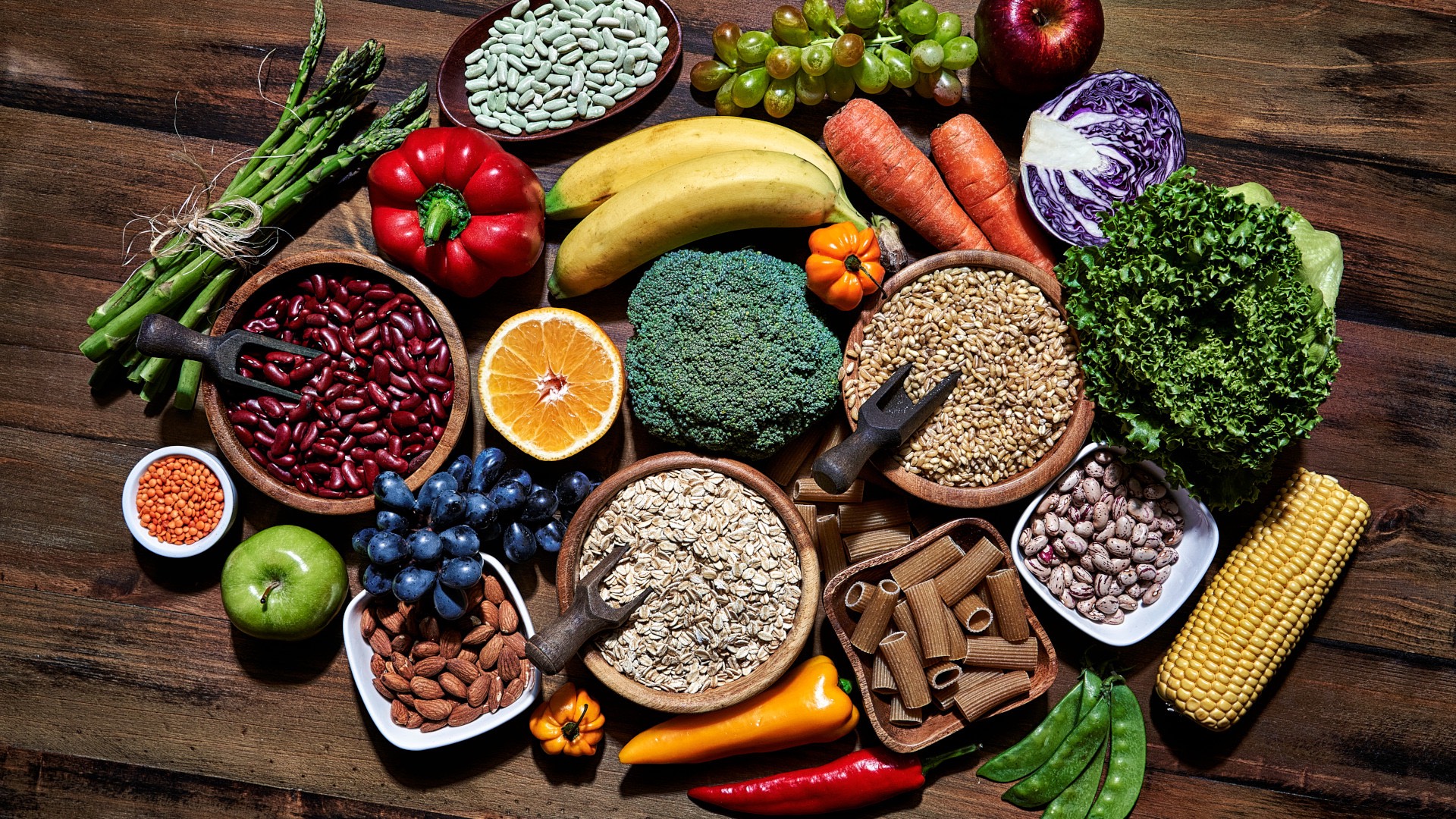Insight Hub
Stay updated with the latest trends and insights.
Bite Into the Green: Delicious Secrets of a Veg Diet
Uncover mouthwatering secrets of a veggie diet! Discover tasty recipes and tips to savor every bite of green goodness. Dive in now!
10 Easy Swaps: Transforming Your Favorite Dishes into Plant-Based Delights
Eating plant-based doesn't mean you have to give up your favorite meals. In fact, it opens up a world of delicious alternatives that can transform your dishes into plant-based delights. Here are 10 easy swaps to consider:
- Milk: Swap cow's milk for almond, soy, or oat milk for a creamy texture.
- Cheese: Try cashew cheese or nutritional yeast to add a cheesy flavor to your meals.
- Meat: Use lentils or chickpeas as a hearty substitute in items like tacos and pasta.
- Eggs: Replace eggs with flaxseed meal or chia seeds when baking.
- Butter: Opt for coconut oil or vegan butter to maintain moisture and flavor.
These simple substitutions not only make your meals plant-based but also enhance their nutritional value. The beauty of switching to plant-based options lies in the variety of flavors and textures you can explore. For those who love to indulge in their favorite comfort foods, here are a few more swaps to further enrich your culinary experience:
- Pasta: Choose whole grain or lentil-based pasta for extra protein and fiber.
- Ground beef: Use mushrooms or jackfruit for a savory and satisfying filling.
- Sour cream: Replace with avocado or cashew cream for a rich and creamy alternative.
- Ice cream: Enjoy banana or coconut-based ice creams that are both refreshing and guilt-free.
- Honey: Use maple syrup or agave as a sweetener in desserts.

The Nutritional Powerhouse: How a Veg Diet Boosts Your Health
The vegetarian diet is more than just a trend; it is a profound lifestyle choice that harbors a multitude of health benefits. Rich in essential nutrients, a well-planned veg diet typically includes ample servings of fruits, vegetables, whole grains, and legumes, which are crucial for overall health. Studies indicate that individuals who embrace this lifestyle often experience lower levels of cholesterol and blood pressure, contributing to heart health. As a result, many find that they not only enhance their physical well-being but also feel more energetic and vibrant.
Moreover, adopting a vegetarian diet can lead to improved weight management due to its high fiber content, which promotes satiety and reduces cravings. Regular consumption of vegetables and fruits, packed with vitamins, minerals, and antioxidants, supports the immune system and can lower the risk of chronic diseases. Incorporating a variety of plant-based foods into your meals ensures a balanced intake of nutrients essential for optimal health. By making the switch, individuals often find themselves on a rewarding journey toward a more nutritious and sustainable lifestyle.
Are You Getting Enough Protein? Debunking Myths About Plant-Based Diets
Many people believe that plant-based diets lack sufficient protein, leading to misconceptions about their viability for maintaining a healthy lifestyle. However, numerous sources of plant-based protein exist, such as legumes, nuts, seeds, whole grains, and soy products. In fact, a well-planned plant-based diet can provide ample protein to meet the needs of most individuals, debunking the myth that only animal products contain high-quality protein.
Another common myth is that plant-based proteins are inferior due to their amino acid profiles. While it's true that some plants may lack one or more essential amino acids, combining different protein sources—such as beans with rice or peanut butter with whole grain bread—can provide a complete amino acid profile. Furthermore, studies have shown that the protein from plants can be as effective as that from animals in supporting muscle growth and repair, ultimately proving that getting enough protein on a plant-based diet is not only achievable but beneficial.